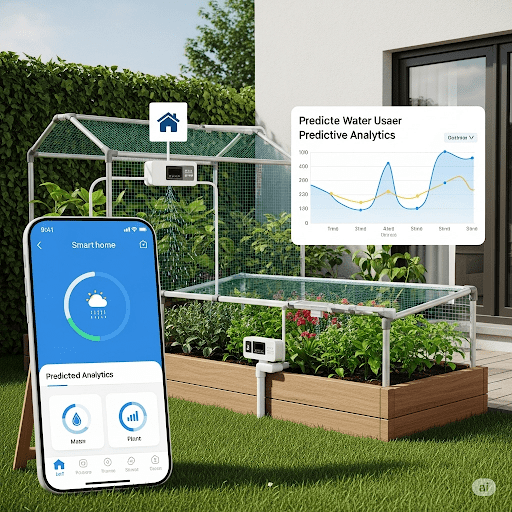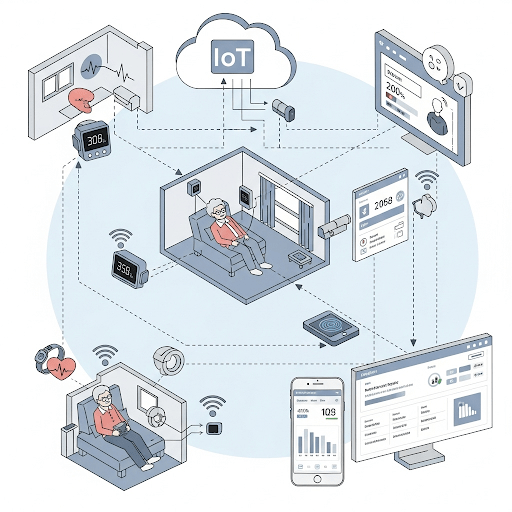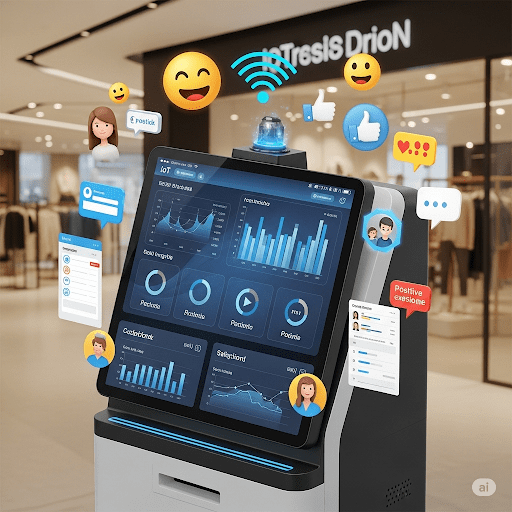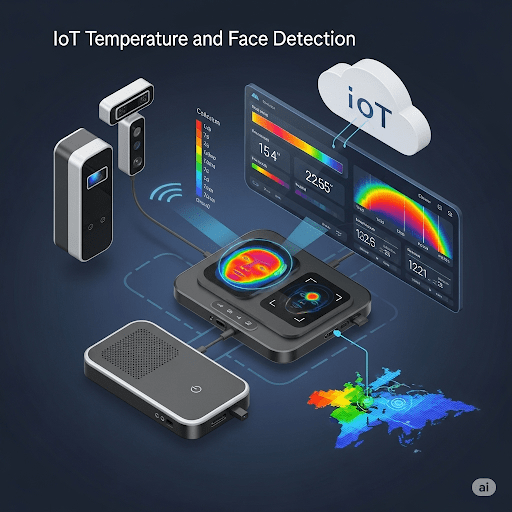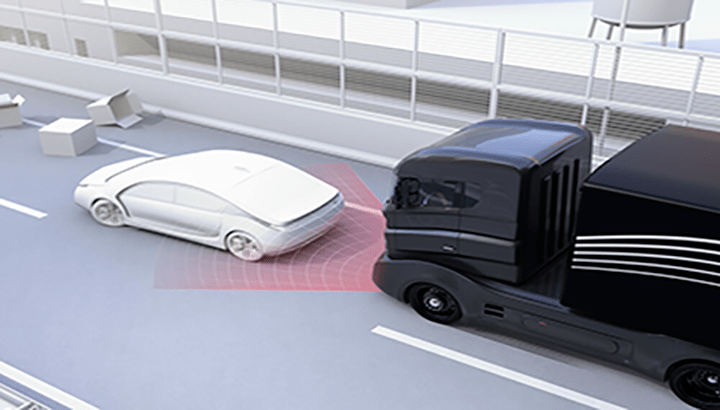Controlling Drunk Driving and Speeding Using RF and Alcohol Detection Sensor Technology
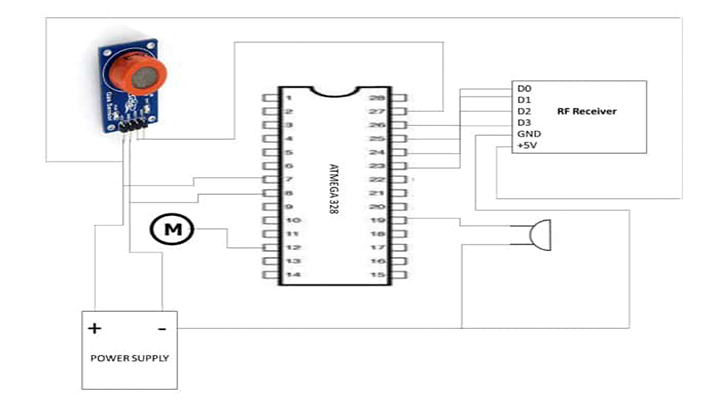
Components Required
1. MQ3 Alcohol Sensor: To determine the driver's blood alcohol content, the MQ3 sensor is employed. This gas sensor picks up on ethanol, which is the main ingredient in alcoholic drinks.
2. RF Module: The RF module wirelessly transmits data between the vehicle and the system's control center. Data can be sent and received at a distance of up to 100 meters with it.
3. Microcontroller: The general operation of the system is managed by the Atmega 328 microcontroller. It uses the information gathered by the MQ3 sensor and the RF module to process the data, regulate the speed of the car, and stop ignition as needed.
Working of the system
The RF module is used to first determine the vehicle's speed in order for the proposed system to function. After comparing this data with the posted speed limit, the system automatically adjusts the vehicle's speed to comply with the restriction if it detects that it is over it.
The MQ3 sensor detects the driver's blood alcohol concentration simultaneously. The device forbids ignition if the level is higher than the permitted limit, and the car cannot be started until the driver's blood alcohol content falls below the permitted limit.
If the driver's blood alcohol level is below the legal limit, the system allows ignition and the vehicle to start. To avoid accidents, the system will notify the driver and automatically adjust the speed if the driver's blood alcohol content is higher than the permitted limit while operating a vehicle.
Conclusion
The proposed system provides a dependable and effective method for reducing traffic accidents caused by speeding and drunk driving. The system uses advanced technology to properly monitor the vehicle's speed and the driver's blood alcohol percentage, and it automatically controls the speed to comply with the posted speed limit and prevent ignition if necessary. We hope that this system will be expanded to a larger area in the future because it has the potential to significantly improve road safety and save countless lives.
Related project idea for free
Water usage prediction using automated home garden watering system
The automatic systems are more chosen than manual system. Smart watering system in garden is the combination of several hardware equipment and software applications that trigger the water usage with respect to the given threshold. This IoT system maintains proper usage of water used in home garde...
Read more>>IoT-Based system for monitoring health conditions of eldery people in Rwanda
The rapid increase in number of the old adults in developed countries has raised concerns about their well-being and increased needs for healthcare services. Elderly people faces different oldage related diseases such as Cancer, Alzheimer, cardiovascular, blood pressure and sugar level problems w...
Read more>>IoT Based Customer Satisfaction Machine
As high satisfaction leads to greater customer retention, higher lifetime value, and a stronger brand reputation. Do companies or institutions have a good way to know if their customers are satisfied or not. Poor customer service can affect the present and future sales standards, it can also nega...
Read more>>TEMPERATURE AND FACE DETECTION SYSTEM
The measured amount of heat in a place or in the body is called temperature whereas face is the front of the head, where the eyes, nose and mouth are. By using face detection, you can recognize someone’s identification. Temperature can be used as the sign of change in human bod...
Read more>>Vehicle collision avoidance IOT system
Driver-assistance systems called collision avoidance systems, sometimes known as crash avoidance systems, use sensors and algorithms to identify possible hazards or obstructions and issue alerts to the driver to help prevent a collision. A collision avoidance system is a type of safety device used t...
Read more>>
